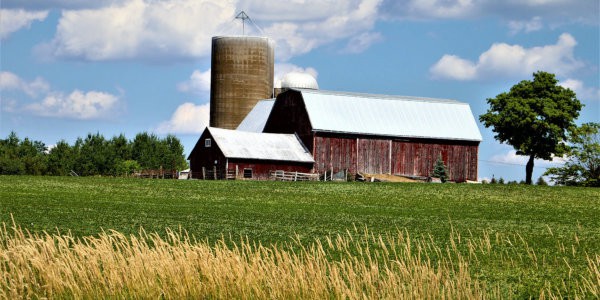1. Windbreak
On May 8th, 1971, Dad and I spent the Saturday planting a caragana hedge. It was long. It ran almost a mile from our property to Johnny Mirehouse’s yard. We began after lunch. The caragana seedlings and a tank of water filled the back of the half-ton. There had be more than 1000 seedlings as we had to plant one every four or five feet. On Friday dad had plowed a single strip of soil in the stubble from our property to the half-mile mark. Johnny had done the same from the half-mile to his yard. This strip was set back from the road 125 feet. Dad dug the holes, I brought a water hose from the tank in the back of the truck and would soak each hole, and then I set a seedling in the hole and held it upright while dad shovelled soil back around it. I was driving the truck which thrilled me to no end. I had just turned 13 and Dad had taught me to drive last fall, but I had few occasions to practice. The driving wasn’t much, just out of our yard into the field and pulling forward 10 feet or so as we went along. I was super-pleased with myself as I managed the clutch well and there were no embarrassing lurches when engaging the gears.
Dad did not talk much when he worked, so my questions to him drove our conversation. I asked about why exactly 125 feet from the road, to which he responded that this is what the Ministry of Agriculture required if we were to qualify for the grant. And of course, I needed to know what was the grant and why did we get it. The grant was to support better soil management. When the caragana hedge grew, the windbreak would slow down the wind and keep it from carrying away the soil. It also would help in the winter to keep the snow drifts on the road down.
“How long would it take for them to grow?”
“Why were we doing Johnny’s half mile?”
“Why are we putting water in each hole?”
“Would we have to water them all summer?”
And so it went.
It was a hot day and we would stop frequently to sit on the tailgate and drink from his water jug. It was a 1-gallon glass jug wrapped in burlap. Dad kept the burlap wet to keep the water from heating up. My hands were dirty, my fingernails chock full of dirt, and my back ached from this work, but I was loving it. My older brothers were gone now, and I was stepping up to help Dad. I was already milking the cows with Dad, mucking out the chicken coop, tossing hay to the cattle. This fall I would drive the grain truck during harvest, and maybe even the combine. We did not talk much when we did things together. As I said, Dad did not talk much. But I loved this time with him as everything I did seemed to please him. When I did something well, I won his smile or a nod. When I messed up or needed help, he found pleasure in that too. He would wait for me to ask for help and then the smile would come, and with it his help. Quietly and gently he would show me, guide me, or help me, and then let me try again, and again, and again. Time did matter, but when with Dad, it never seemed to.
It was late when we finally finished planting the windbreak. The sun was already low in the sky as we slowly drove the length of our work that day. We were dusty, I was sore all over, and we were thirsty and hungry. I wanted to go quickly, get the truck up to third gear at least, but Dad wanted me to go slowly along side windbreak so he could inspect our work. He got me to stop now and then so he could adjust one of the new seedlings and tamp the soil around it, so it stood upright. By the time we did get home, the sun was down, and the air was beginning to cool.






Peter Scotchmer5 years ago
This is a moving and heartfelt evocation of a time of sorrow and dislocation, but with the compensation, however small at the time, of the discovery that life can and must go on despite bereavement, and that the natural world can still surprise us all when we re-establish connection with it, as happens in the final paragraph. What is especially powerful is the vivid use of descriptive detail– the piety of the family’s faith, the devotion of son for his father, the workaday world on a prairie farm, all as seen through a boy’s eyes– to make the story especially memorable. Great stuff!
Keith Adams10 months ago
Beautiful, moving story Mike. The imagery is vivid and the grief tangible and powerful.
Nice structure and section titles. Interesting to think of the smell of creosote as the things that reconnects you to life a powerful unexpected ending. The story will stick in my mind.
Michael Aylward7 days ago
Thanks Keith! I appreciate your comments (and that you read my story).